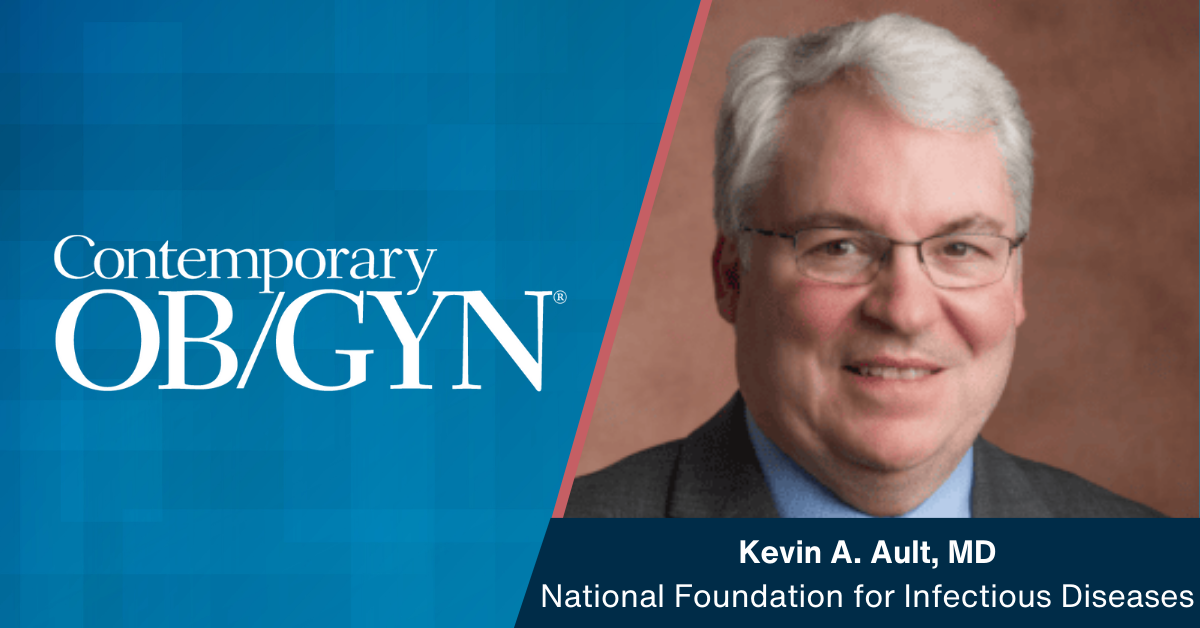On the pulse

A new study presented at ISSWSH highlights patient dissatisfaction with current treatments for recurrent bacterial vaginosis, emphasizing the need for more effective therapies and improved provider communication.

Through its new Visiting Scientist Program and Digital Innovation Fellowship, Maven aims to improve its care model and continue improving prenatal health outcomes.

A retrospective cross-sectional study has found that Medicaid expansion has increased the rates of autologous breast reconstruction in patients undergoing mastectomy.

In this podcast episode, host Scott Kober is joined by experts Robert McDonald, MD, MBA, and Karla Loken, DO, OBGYN, FACOOG, to discuss ways that practicing ob-gyns can get involved in health coverage and reimbursement issues.
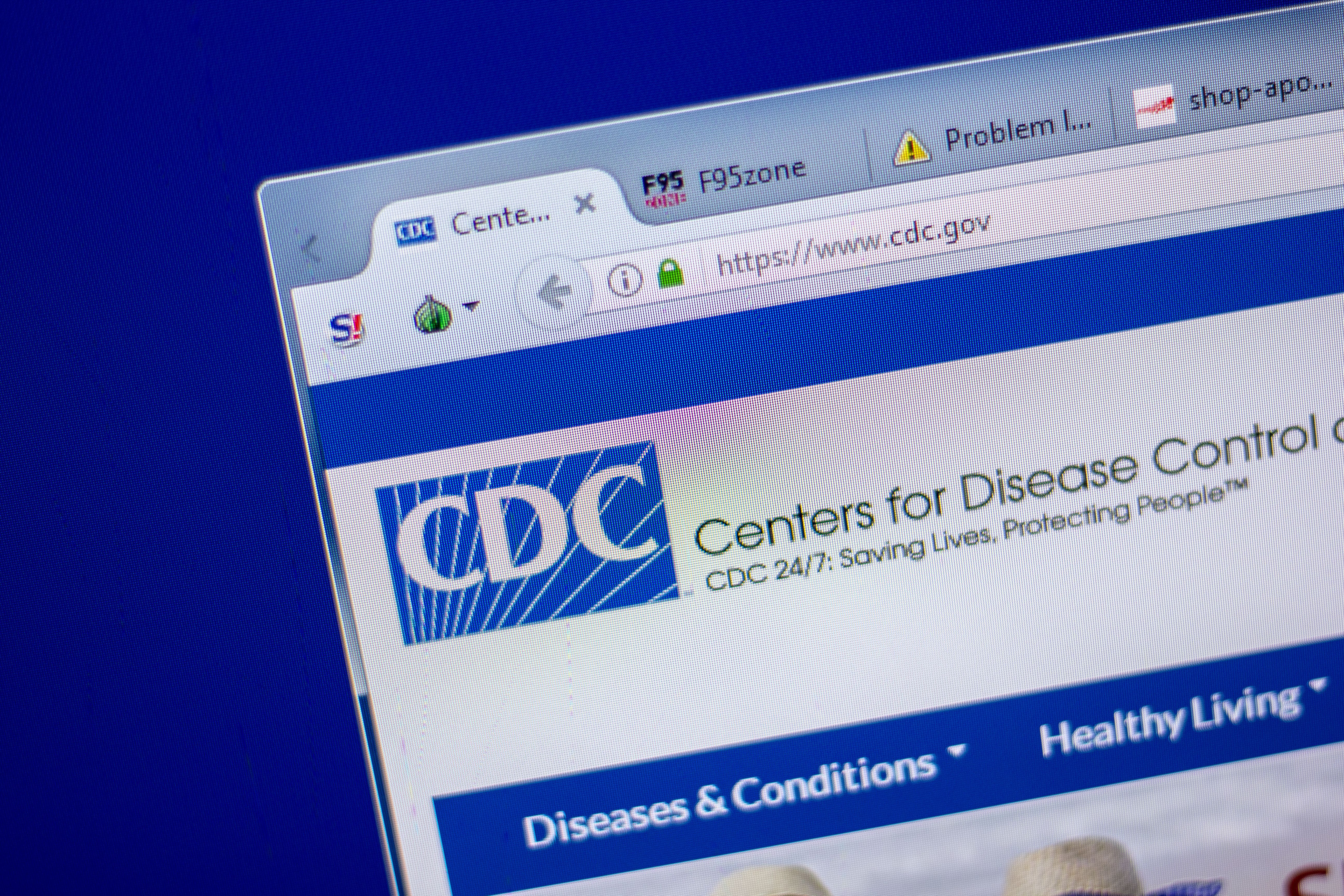
The CDC updated its guidelines for diagnosing and treating STIs, which included updates on the diagnosis and treatment of bacterial vaginosis (BV) in pregnant and nonpregnant women.
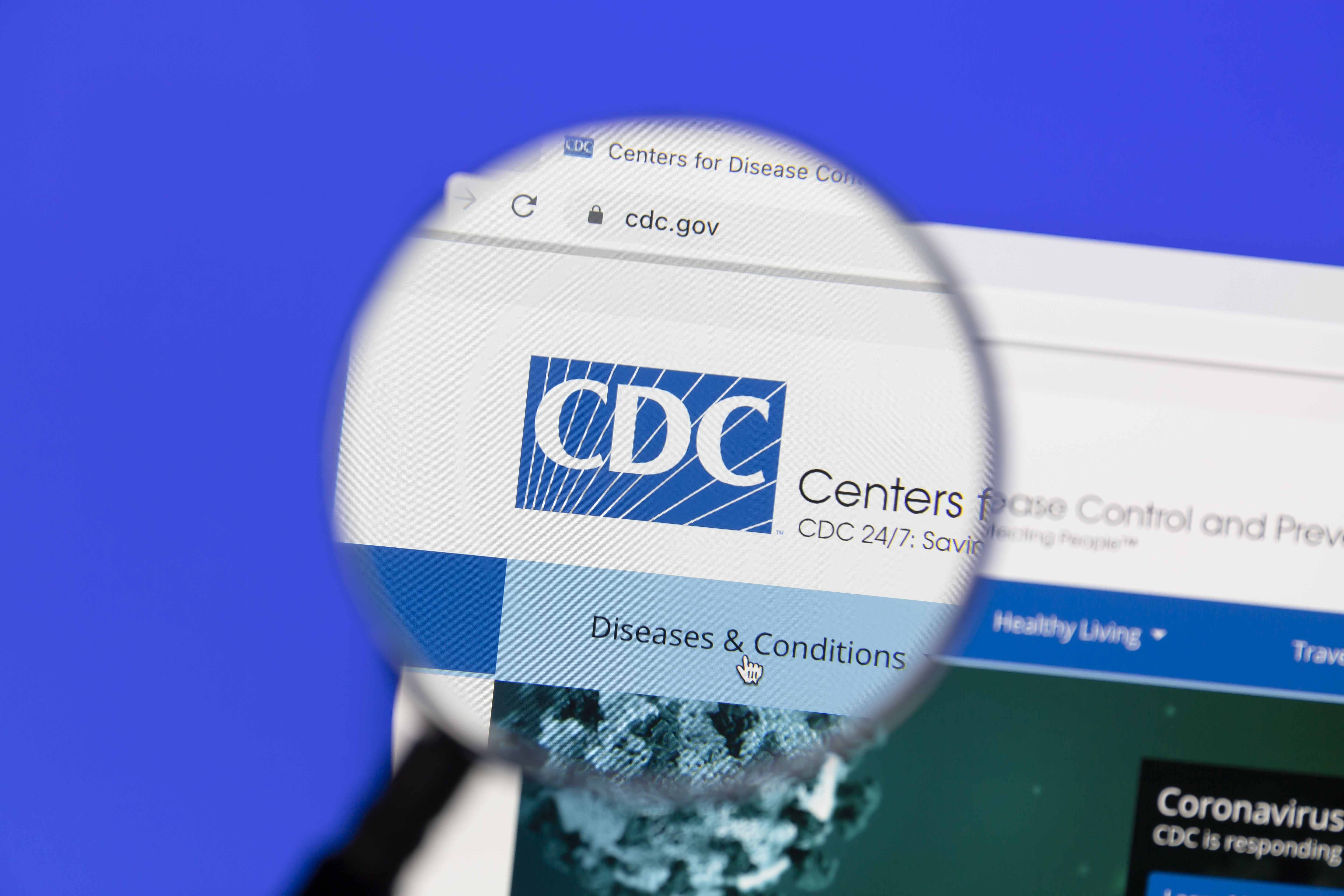
The Centers for Disease Control and Prevention (CDC) updated its guidelines for the treatment of sexually transmitted infections (STIs), notably for Neisseria gonorrhoeae, Chlamydia trachomatis, Trichomonas vaginalis and pelvic inflammatory disease (PID).

Over the last year and a half, physicians around the world have been focused on managing patients, their teams, and themselves through the COVID pandemic. This has not been an easy time for physicians.

An analysis of individual enrollment and premium data from California’s marketplace and the American Rescue Plan premium tax credit subsidy schedule has concluded that a smart default policy avoids defaulting lower-income marketplace enrollees to objectively inferior health care insurance plans and leads to large reductions in lower-income enrollees’ deductibles, copayments, and maximum out-of-pocket amounts.

In addition to welcoming a newborn, parents may be unexpectedly billed for some hospitalization services, according to a research letter in JAMA Health Forum.

Scott Kober hosts this podcast in which he interviews Lisa Satterfield, senior director of health economics and practice management at the American College of Obstetricians and Gynecologists (ACOG). They discuss the tools and resources available to practicing ob-gyns that are focused specifically on payer and reimbursement issues.

Hear about tools and resources available to practicing ob/gyn to address payer and reimbursement issues.

“Over the past several years, a growing number of companies have been providing contraception through online platforms, but there has been very little research on these businesses,” said principal investigator Brittni Frederiksen, MPH, PhD, a senior policy analyst at KFF in San Francisco.

This podcast highlights the effectiveness of co-testing as it pertains to cervical cancer screening.

“My research centers on examining the intersection of policy, health and economics. In no other area of medicine is policy as critical to health as ob/gyn. It is essential to understand how policy can promote health, or perpetuate reproductive health disparities,” said principal investigator Maria Rodriguez, MD, MPH, an associate professor of ob/gyn in the Section of Family Planning at Oregon Health & Science University in Portland.

The Quest 2020 Health Trends Study® has revealed declining rates in gonorrhea and chlamydia screenings, while positive tests increased, an issue that needs urgent public health attention.

Host Scott Kober discusses the impact of sexually transmitted infections (STIs) on women’s fertility with experts Jenell Coleman Fennell, MD, MPH, and Molly Quinn, MD.

A Quest Diagnostics 2020 retrospective, longitudinal Health Trends Study® adds to previous research that shows co-testing is more effective than single testing alone.

April is STI Awareness Month, and as such, we are focusing on testing and increase of STDs in the pandemic, especially how women and minorities are affected.

Lower levels of testing and higher positivity rates, higher rates of dangerous drug combination use, and increases in fatal and non-fatal overdoses during the coronavirus disease 2019 (COVID-19) pandemic reveal a need for more resources to address the opioid epidemic in the United States.
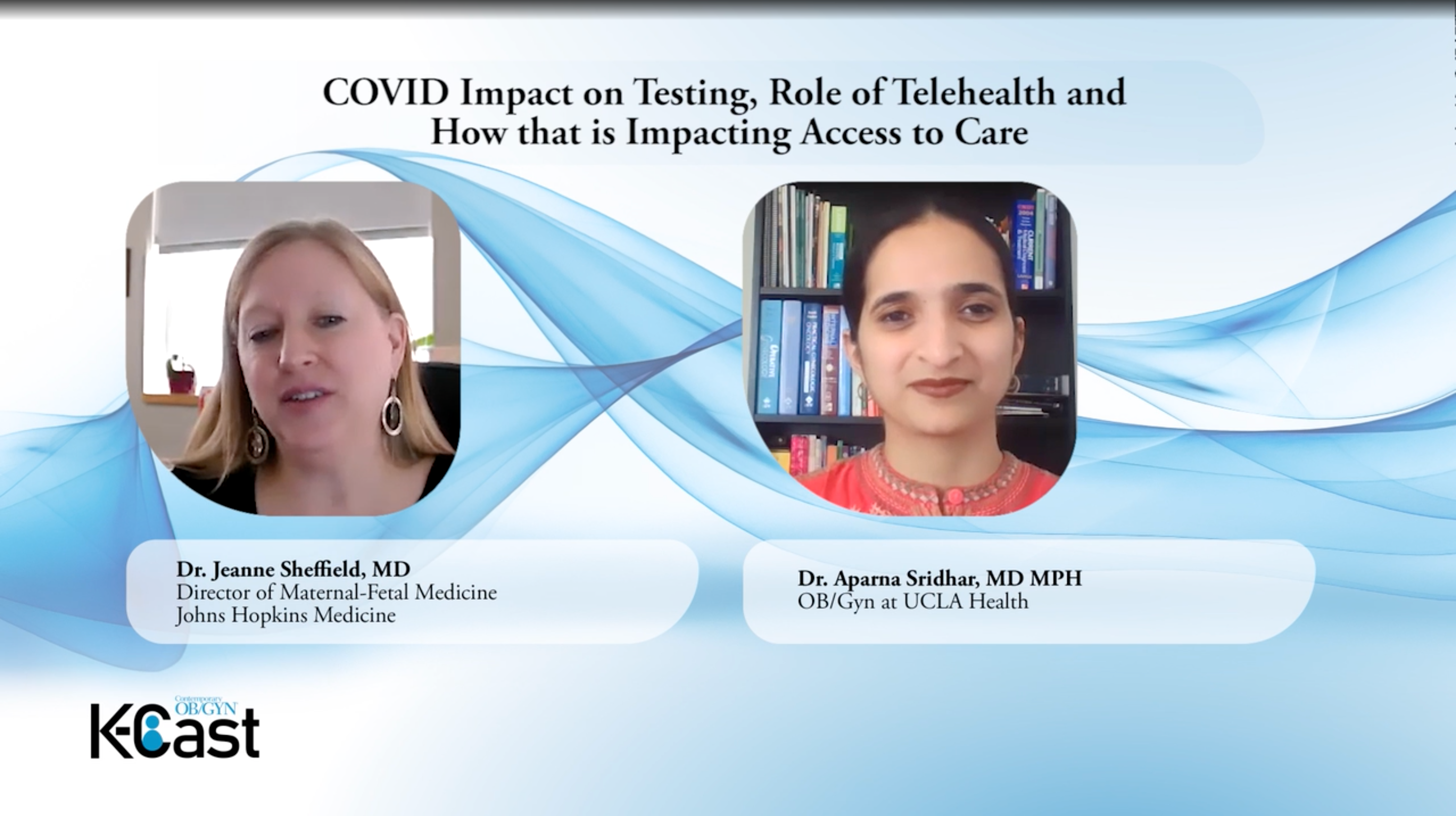
This KCast features Jeanne Sheffield, MD, Director of Maternal-Fetal Medicine at John Hopkins Medicine, and Aparna Sridhar, MD, MPH, an ob/gyn at UCLA Health as they discuss COVID's impact on testing, telehealth, and care accessibility.

Have payer disparities seemed to grow worse during the pandemic, especially with telehealth? Take the poll now.

The scoping review revealed target areas that require additional research, as well as a need for more variety in study designs, populations, and locations.

Some women are unable to choose noninvasive prenatal testing (NIPT), due to lack of insurance coverage, according to a pilot study in the Journal of Community Genetics.

Office of the Inspector General recommends CMS conduct targeted hospital reviews for possible upcoding violations.
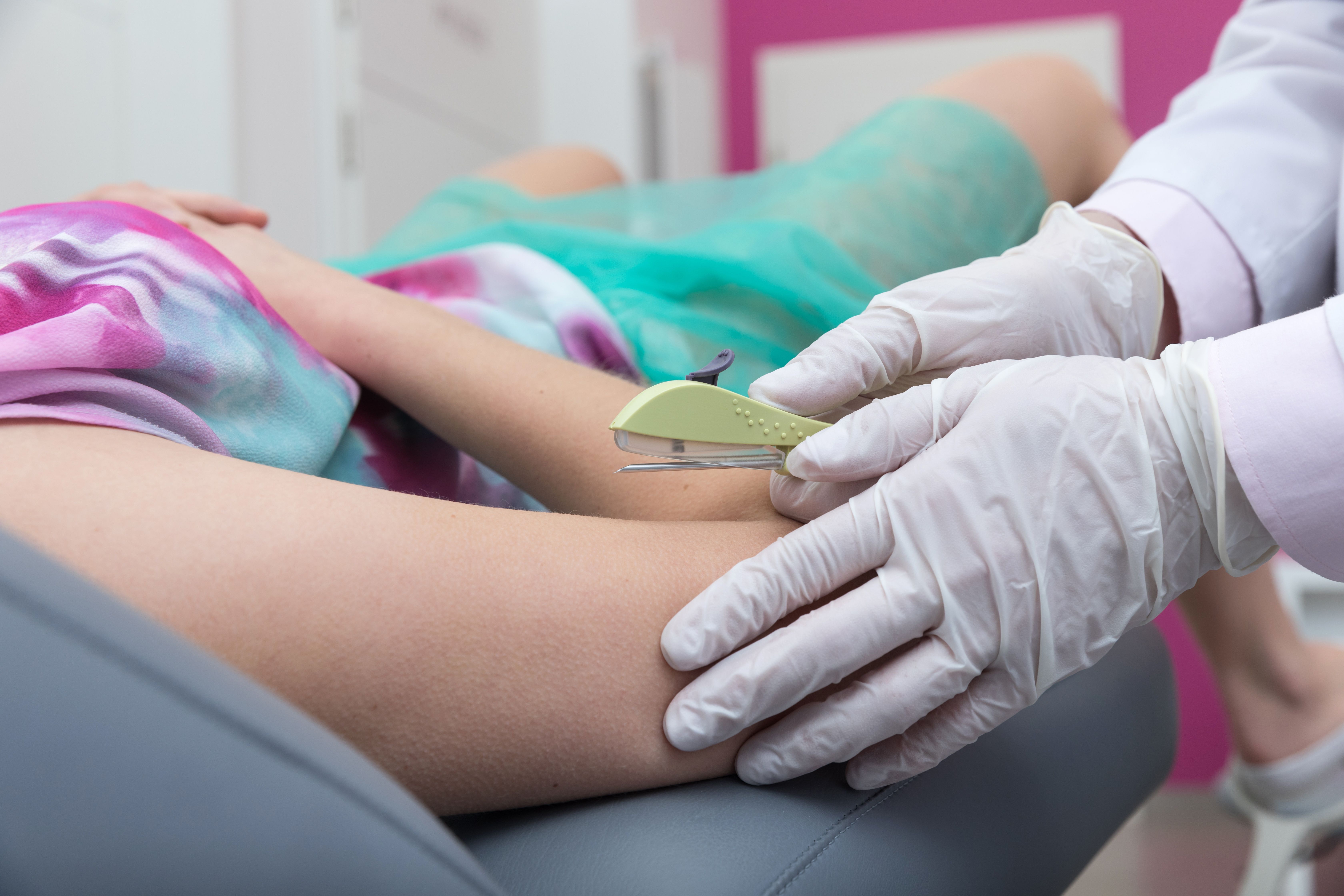
Since 2012, when South Carolina's Medicaid program became the first state Medicaid program to separate payment for the immediate postpartum placement of long-acting reversible contraception (LARC) from global maternity payment, a significantly greater number of mothers are using LARC, especially among adolescents.

Diverse Voices: COVID-19 and the Health of Women, a virtual speaker series run by the NIH Office of Research on Women’s Health (ORWH), presented compiled research on sex and gender disparities during the COVID-19 pandemic. In addition to identifying issues of concern, the webinar offered actions to improve women’s health despite sex and gender disadvantages.
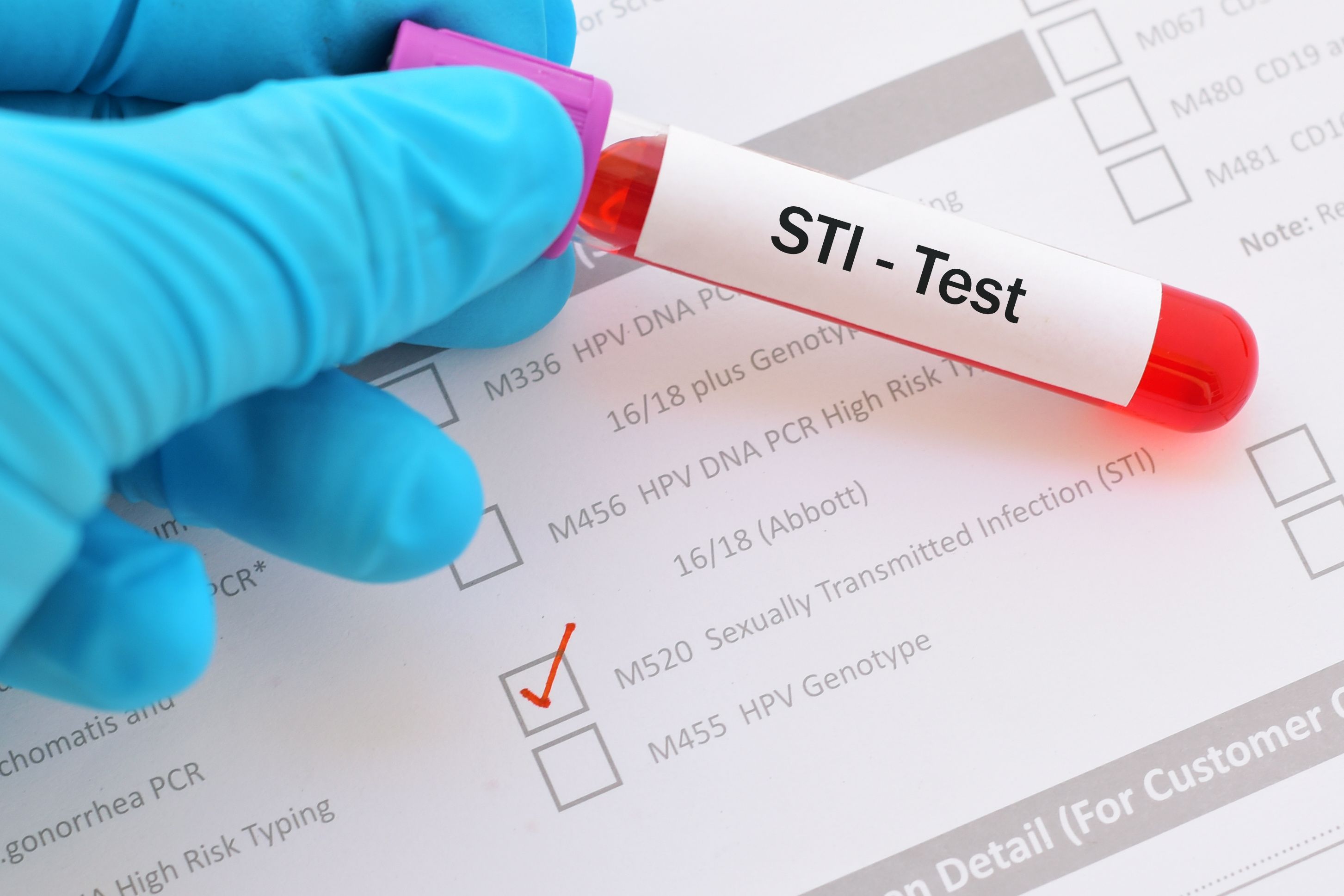
A narrative review identified gaps in knowledge and considerations for informing sexually transmitted infection (STI) screening guidelines and treatment to improve the health of pregnant women and children.

